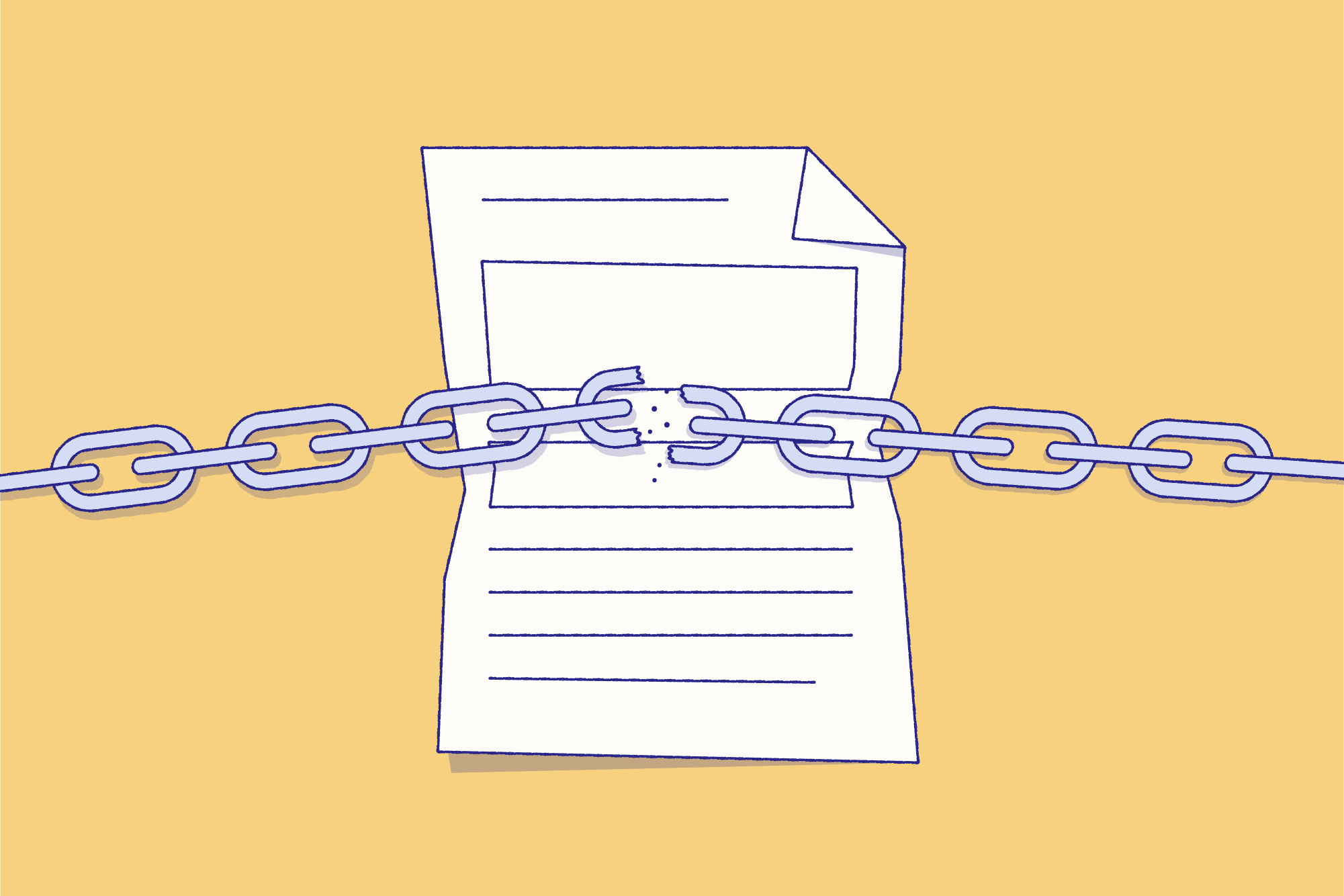Why is supplier data management being overlooked?
As global enterprises shifted to remote work overnight, the need for centralized data became immediately apparent. Suddenly, information living in someone’s head, or in a file cabinet, or even on an excel spreadsheet or email, was difficult to share and access. In a crisis, certain pieces of data become critical, and one of them is information about your suppliers.
Why is supplier data management being overlooked?
In the past decade, the focus on supplier risk has increased tremendously. Most large enterprises have extensive programs to assess the types of data controlled by or accessed by suppliers in response to GDPR and other data privacy statutes, and have this data readily at hand. Some industries add operational and regulatory compliance requirements, and most organizations are actively managing their vendor contracts.
Why is it, then, that some of the simplest data is being overlooked?
Every major enterprise I have worked with over the last twenty years struggle to maintain a simple address book of primary contacts at their major suppliers. The majority cannot produce a list of phone numbers and email addresses to reach out in the event of an emergency.
What supplier data do you need?
You should easily be able to put your hands on these elements for all of your strategic and frequently-used suppliers:
- Legal name of the company
- Website
- Corporate address
- Main phone number
- Account Manager name, phone number, and email address
- Billing contact name, phone number, and email address
- Technical contact name, phone number, and email address
Why is this supplier data so hard to get?
Why is this basic, fundamental data so elusive? It’s everywhere, and it’s always changing!
So many departments come in contact with suppliers. Business lines know their sales reps, but often don’t have access or incentive to update procurement or AP systems. Security keeps their own contacts but does reviews annually or less often, and may rely on the business line or procurement to provide contacts. Accounts payable cares that they can send payments and receive invoices, so they usually have company data but not individual.
Procurement is in the difficult position of needing to maintain data that every other department frequently believes they own, and they rarely have the administrative staff available to manually keep track of changes in contact information. Sometimes, a centralized repository doesn’t even exist to store it.
So here is today’s challenge—find out if you have this information at your fingertips for the suppliers that matter to you! If not, add that to your “Do this very soon” list and cover the basics.





